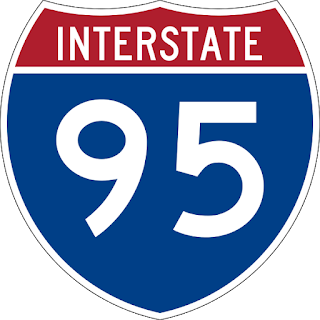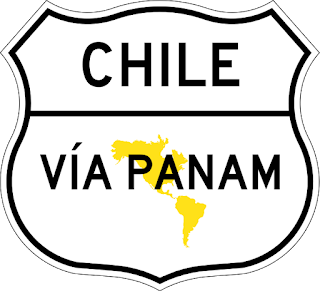 |
| Heavenly Bell- Creative Commons Image |
 |
| Junipero Serra Public Domain Image |
For nineteen years after their arrival in Mexico, Father Junipero and his three friends were kept at work there, under the control of the College of San Fernando, in founding missions and preaching. On the suppression of the Jesuit Order, in 1767, and its consequent expulsion from all the Spanish dominions, it was decided to send a band of Franciscans to California, to take charge of the Jesuit missions there. These were all in Lower California, no attempt at settlement having been yet made in Upper California. Serra was put in charge of it, and was appointed president of all the California missions.His ambition did not limit him to Lower, Or Baja California. In 1769 he joined in expedition with Gaspar De Portola to establish missions in the territory to the north. It was to be his calling for the remainder of his life. From Biography.com:
 | |
| San Juan Capistrano-Creative Commons Image |
After working as a missionary in Sierra Gorda and Mexico City, Serra was sent to California. He made the trip by foot despite having terrible sores on his legs. Once he reached California, Serra established his first mission, San Diego de Alcalá, in 1769. He built eight more missions over the next thirteen years: San Antonio de Padua; San Gabriel, Arcángel; San Luis, Obispo de Tolosa; San Juan Capistrano; San Francisco de Asis; and San Buenaventura. Serra worked tirelessly tirelessly to maintain the missions and is credited with helping the Spanish establish a presence in California.Legend has it that El Camino Real, literally "The Kings Road" was the thruway to connect the missions. Each mission was reputed to be a days ride apart from the next. I was taught this in school and always thought it to be true. However, in researching this post, I found an interesting article that asserts differently: It is well worth a read. From KCET, Los Angeles' public television station:
Along Highway 101 between Los Angeles and the Bay Area, cast metal bells spaced one or two miles apart mark what is supposedly a historic route through California: El Camino Real. Variously translated as "the royal road," or, more freely, "the king's highway," El Camino Real was indeed among the state's first long-distance, paved highways. But the road's claim to a more ancient distinction is less certain. The message implied by the presence of the mission bells -- that motorists' tires trace the same path as the missionaries' sandals -- is largely a myth imagined by regional boosters and early automotive tourists.It is true that there was a rough horse trail that connected the missions and indeed as it was used by soldiers on horse traveling to the presidios, or military forts, that guarded the northern territories of Alto California. Thus it was the Kings Road. The reality was that it was not the thoroughfare then that it became in the automotive age. The route was a rough one that varied with seasonal conditions and over time. In fact until railroads were constructed connecting north to south in the California, most movement was aboard ships up and down the coast.
California at the turn of the 20th century had the same confidence and progressive spirit as the rest of the United States. California was developing a romance for its history and especially the romantic nostalgia of its early Mexican era. In 1904, the El Camino Real Association was formed to mark the route and promote it for tourism. It was one of the first highway groups in the nation to form. The early days of construction were sporadic with paved sections of the road connected by dirt trails and steep terrain that would become challenging when it would rain or if a car could not get traction to conquer some of the steeper hills. In 1910 the State Highways Act commissioned the construction of the road and eventually in 1925 the road was finished and sanctioned as State Highway 101.
 |
| Creative Commons Image |
There is much more history on this old highway as it continues north of San Francisco. We will return to the history of this great road, but first let's zero in on its southern terminus and get on to some music. Stop by next week to see where this highway will take us. Don't forget to subscribe while you are here and leave me a comment.
And Now A Word From Our Sponsor...
If you like what you have read here I'd like to ask you a favor. If you purchase any item on Amazon after you link to them in the Amazon banner below, I will get a little something from them. It doesn't cost you any extra and I cannot see what you have purchased.
With your help, I can keep the show on the road for you.
With your help, I can keep the show on the road for you.
You Can Give me a Karma Donation Via PayPal
Keep Traveling!
To read more Old Highway Notes, choose an off ramp and click on the highway sign:
Vista Points
Be social, Get more info, View our YouTube playlist and more









No comments :
Post a Comment